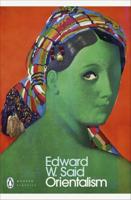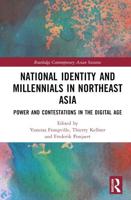Publisher's Synopsis
In this important and hugely ambitious book, one of the world's leading political scientists working on China demonstrates how Western views of China are flawed because the long tradition of Western scholarship studying China views China from the Western philosophical and intellectual perspective rather than viewing China on its own terms through the lens of China's own long-established and reputable philosophical and intellectual tradition. Providing a deep analysis of Western scholarship on China, including work from Leibniz to Marx to Weber and then to Wittfogel, and a thorough account of the evolution of China's own thinking about governance as expressed in the practices of successive Chinese dynasties, the book goes on to examine how the current Chinese body politic fits with and is the natural outcome of China's own long, well-thought-through and well-practiced intellectual consideration of what the nature of civilized governance should be. By focusing on philosophical and intellectual approaches rather than on theoretical or methodological ones, the book shows how the huge and increasing disconnect between non-Chinese views of China and Chinese ones has come about.











